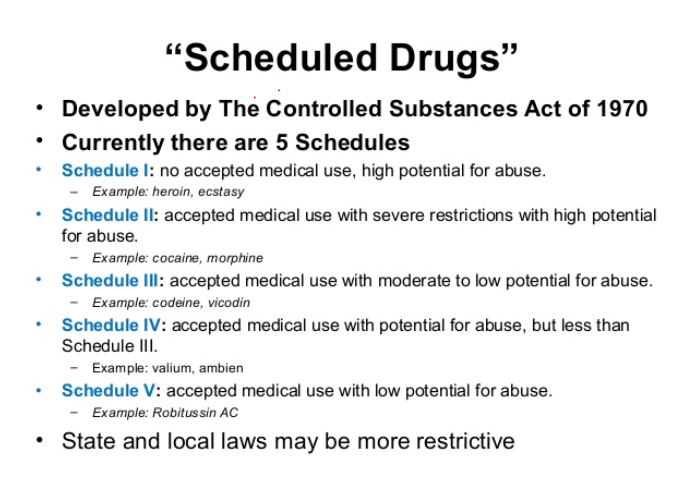Something unpleasant can occur when commercial interests prevail in a field like behavioral health or addiction treatment.
It happens in other areas of medicine and healthcare as well. I’m talking about the introduction of a whole new agenda into the mix– a commercial one. It’s a legitimate way of viewing a business venture, but one that unfortunately doesn’t always coincide with the goals of quality and ethical practice.
Whenever I hear a presenter at a conference or lecture talk about similarities between treatment and other businesses, red flags go up. Not that there aren’t similarities; there are plenty. But I know how often the quest for business success has overtaken and even overwhelmed the quest to deliver good services to sick people.
A professor first told me that healthcare was unusual in the extent to which success or failure depended on preserving the public’s trust. I never forgot that. Since then I’ve seen dozens of examples where providers have attempted to skirt that simple truth. They’ve fallen into familiar traps, like promising things they can’t deliver (and in many cases, never seriously meant to try); tacking on unnecessary or unwanted services that increase revenue and bloat the bill; misrepresenting themselves in advertising and marketing campaigns; or simply overcharging for services in the hope that customers won’t notice, or perhaps even interpret the higher price point as evidence of superior quality (it isn’t).
I’ve rarely seen this done out of malice. Instead, the motivation has usually been greed, or the need to make ends meet, or pressure to win in a competitive market. Or capture a performance bonus.
So I don’t ordinarily cast blame on individuals, any more than I would blame the Mar-A-Lago resort for doubling its enrollment fees once its owner became President. They’ll see this as “just smart business practice.” And probably argue that nine out of ten competitors, in that situation, would do the same.
Still, business interests can make for an ill fit when people’s lives hang in the balance.
That’s why I favor a solid, well-designed regulatory system, over attempts by an industry to self-regulate. It’s not that we can’t regulate ourselves, when conditions are right. It’s that we probably won’t, when conditions shift and pressures mount.
That other agenda will raise its head, and ethics is likely to take the weekend off.












